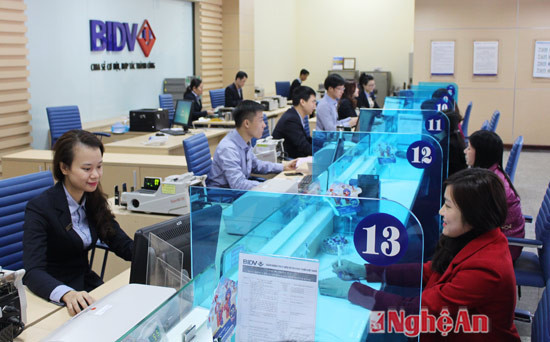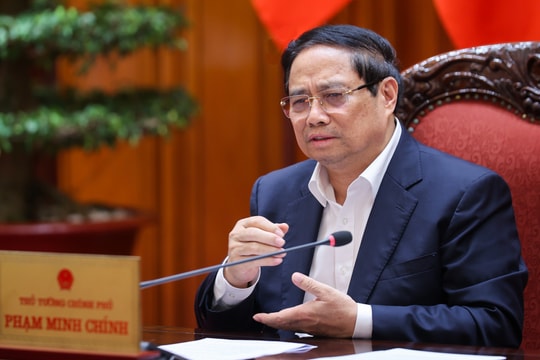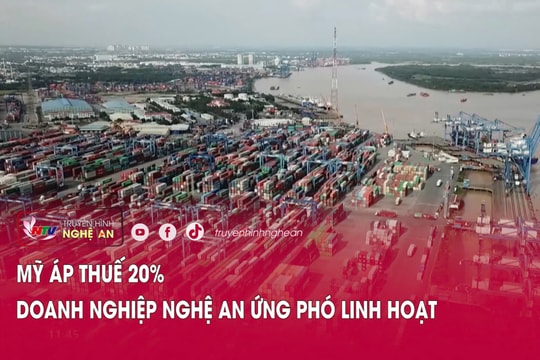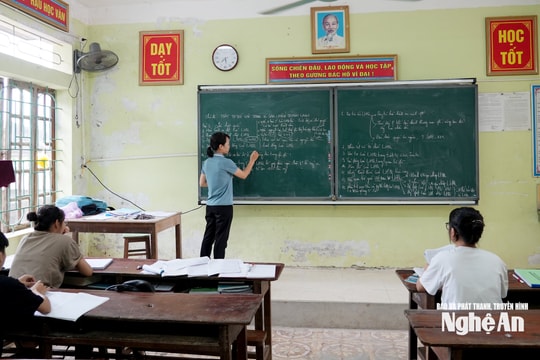Head of Monetary Policy Department: Keeping interest rates stable is a huge challenge
(Baonghean) - Credit growth is one of the driving forces to help promote economic growth. The problem is how to expand credit while ensuring quality and avoiding bad debt.
 |
| Transaction at BIDV Nghe An branch. Photo: Chau Lan |
Assessing the credit growth, Director of the Department of Credit for Economic Sectors (SBV) Nguyen Tien Dong said that recently, credit growth has been more substantial and sustainable, reflected in the fact that the growth rate has been accelerated from the beginning of the year and has been maintained at a fairly steady rate each month, about more than 1%. In addition, credit capital has also been focused on flowing into priority areas. Recently, VietinBank has also implemented many lending programs in the consumer sector, such as the product package "Loan combined with credit insurance", proactively anticipating demand to deploy appropriate credit products, achieving substance and sustainability - General Director of Vietinbank Le Duc Tho said.
Banking and finance experts also agree that the clear recovery of economic growth could make the 2016 credit growth target set by the State Bank of Vietnam higher than that of 2015, ideally at 18-20%. However, the current problem is how to increase credit growth without increasing lending interest rates, so that we can "support" businesses in a substantial way.
In addition to raising interest rates, to attract capital, many banks have also launched a series of "huge" promotional programs for customers, making the interest rate market even more vibrant. Although the State Bank of Vietnam has regulated the market since before Tet, not allowing banks to apply technical measures to circumvent or exceed the ceiling on mobilization interest rates; strictly prohibiting unfair competition in capital mobilization...
The desire of enterprises is real, and the desire to increase credit growth and increase lending interest rates of banks is also real. According to some bank leaders, keeping lending interest rates at a low level for a long time has helped enterprises get cheap loans, but is a problem that banks have to face. The adjustment to increase mobilization interest rates has reflected the reality that the liquidity of the system, although relatively abundant, has decreased, so banks have to compete to attract idle money from people. However, besides that, banks also have to keep capital from flowing out of their banks, leading to a situation where the interest rate market has "heated up" since the end of 2015, and has not "cooled down" yet, despite the task of providing stable loans to support enterprises and the economy.
 |
| Illustration photo |
According to the Director of the Monetary Policy Department (SBV) Bui Quoc Dung, in 2016, stabilizing interest rates is a huge challenge because inflation is forecast to be around 4-5% in 2016, much higher than the 0.6% level of 2015, creating pressure on the mobilization interest rate level. Along with that, the economic growth target of 6.7%, higher than the growth rate of the previous year and higher than the average of the entire period 2011-2015, will increase the demand for credit capital... In addition, medium and long-term capital sources depend heavily on the stock market and insurance market, on domestic and foreign loans from the Government. These realities are clearly a big pressure on the banking system and the entire enterprise system, specialized state management agencies. This is also a big challenge in supporting enterprises and the economy.
Red River
| RELATED NEWS |
|---|








